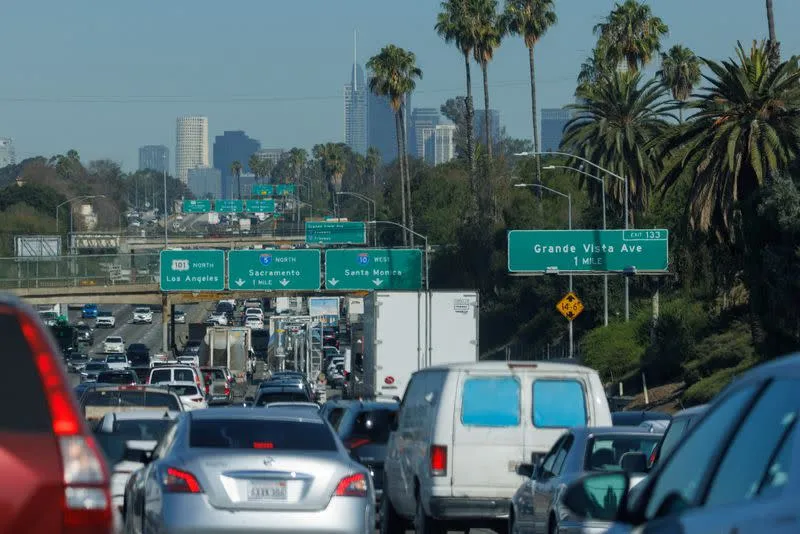Rescind or Reinstate? The Shocking Decision That Could Change Everything!
In a significant policy shift, the Trump administration has recently rescinded a freeze on federal grants and loans that had been in place for several months. This decision has sparked a wave of reactions across various sectors, as the implications of lifting this freeze could be monumental. With potential access to trillions of dollars in federal funding, many are left to ponder the ramifications of this move.
The initial freeze on federal funding had raised alarm bells among states, local governments, and numerous organizations that relied heavily on these financial resources. The uncertainty created by the freeze left many stakeholders in a state of limbo, unsure of how to proceed with projects and initiatives critical to their communities. As the freeze lingered, concerns grew regarding its disproportionate impact on vulnerable populations and essential services, including education, healthcare, and infrastructure.
With the recent announcement to lift the freeze, a wave of optimism is sweeping through many sectors. The decision is expected to lead to the release of significant federal financial support, potentially revitalizing numerous programs that had been stifled by the lack of funding. According to experts, this could stimulate economic growth and job creation in various industries, offering a much-needed boost to the economy.
Critics of the freeze have long argued that it unfairly targeted those who are most in need. “The freeze was a misguided attempt at fiscal responsibility that ended up hurting the very communities that rely on federal support,” stated a local nonprofit leader. This sentiment is echoed by many advocates who believe that reinstating these grants and loans is a step towards rectifying the past injustices caused by the freeze.
The timing of this decision is particularly noteworthy, as it coincides with ongoing discussions about federal budget allocations and priorities. As lawmakers grapple with fiscal responsibility, the reinstatement of these funds raises critical questions about governance and the balance of power between federal oversight and state autonomy. Stakeholders, including state officials and nonprofit organizations, are now closely monitoring the situation to assess how this decision will impact their operations and funding.
Historically, funding freezes have had long-lasting effects on communities and programs. The current situation draws parallels to previous instances where federal funding was halted, leading to significant disruptions in services and development initiatives. As the nation reflects on these historical precedents, the importance of stable funding for essential services becomes increasingly clear.
Public reaction to the decision to rescind the freeze is expected to be mixed. While many celebrate the reinstatement of federal grants and loans, others remain critical of the administration’s overall funding strategies. Advocacy groups are likely to mobilize in response, either supporting the reinstatement or opposing the administration’s previous actions. The political landscape may also shift as the administration seeks to regain support from key voter demographics who have been affected by the freeze.
This decision could set a precedent for future funding policies and the administration’s approach to federal-state relations. As discussions continue, experts in public policy and economics are weighing in on the implications of this decision for the future of federal funding strategies and the overall health of the U.S. economy. The potential economic impact of reinstating these funds could stimulate job creation and growth across various sectors, offering hope for a brighter economic future.
In conclusion, the decision to rescind the freeze on federal grants and loans marks a pivotal moment in U.S. politics and governance. As stakeholders navigate the implications of this move, the focus will remain on the balance between federal oversight and state autonomy. The coming weeks and months will be crucial in determining the long-term effects of this decision on communities across the nation. As the situation unfolds, it is clear that the stakes are high, and the outcomes will be felt for years to come.






Leave a Comment